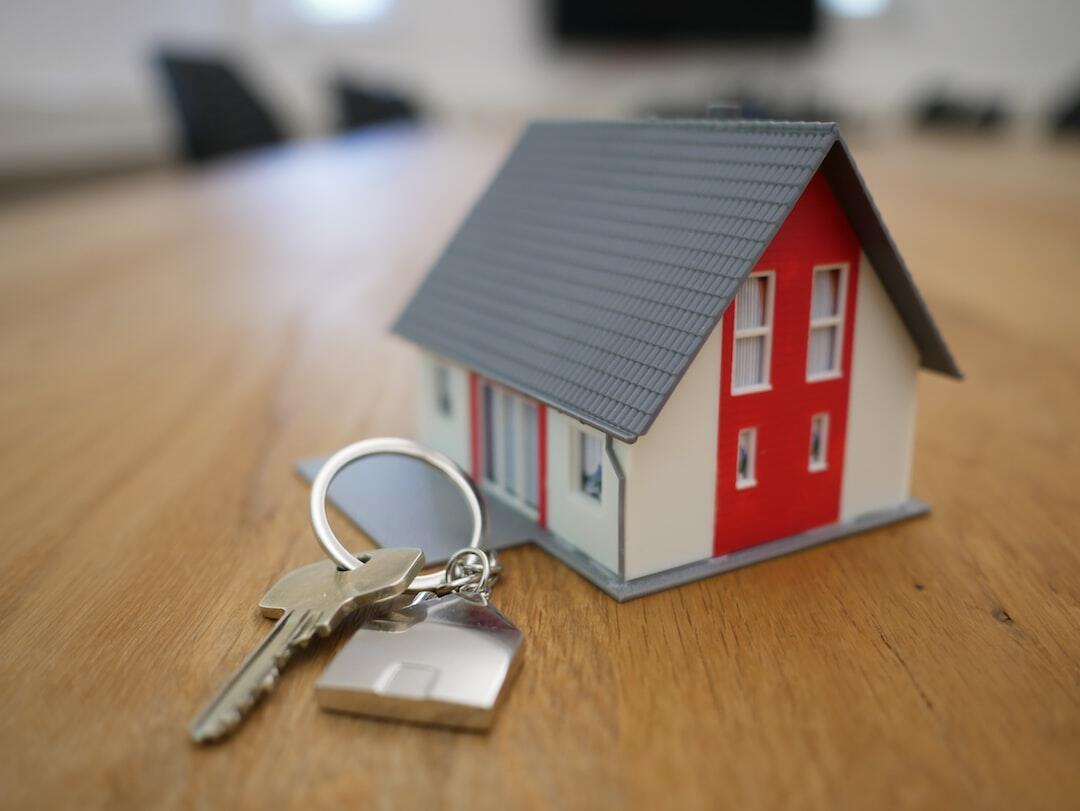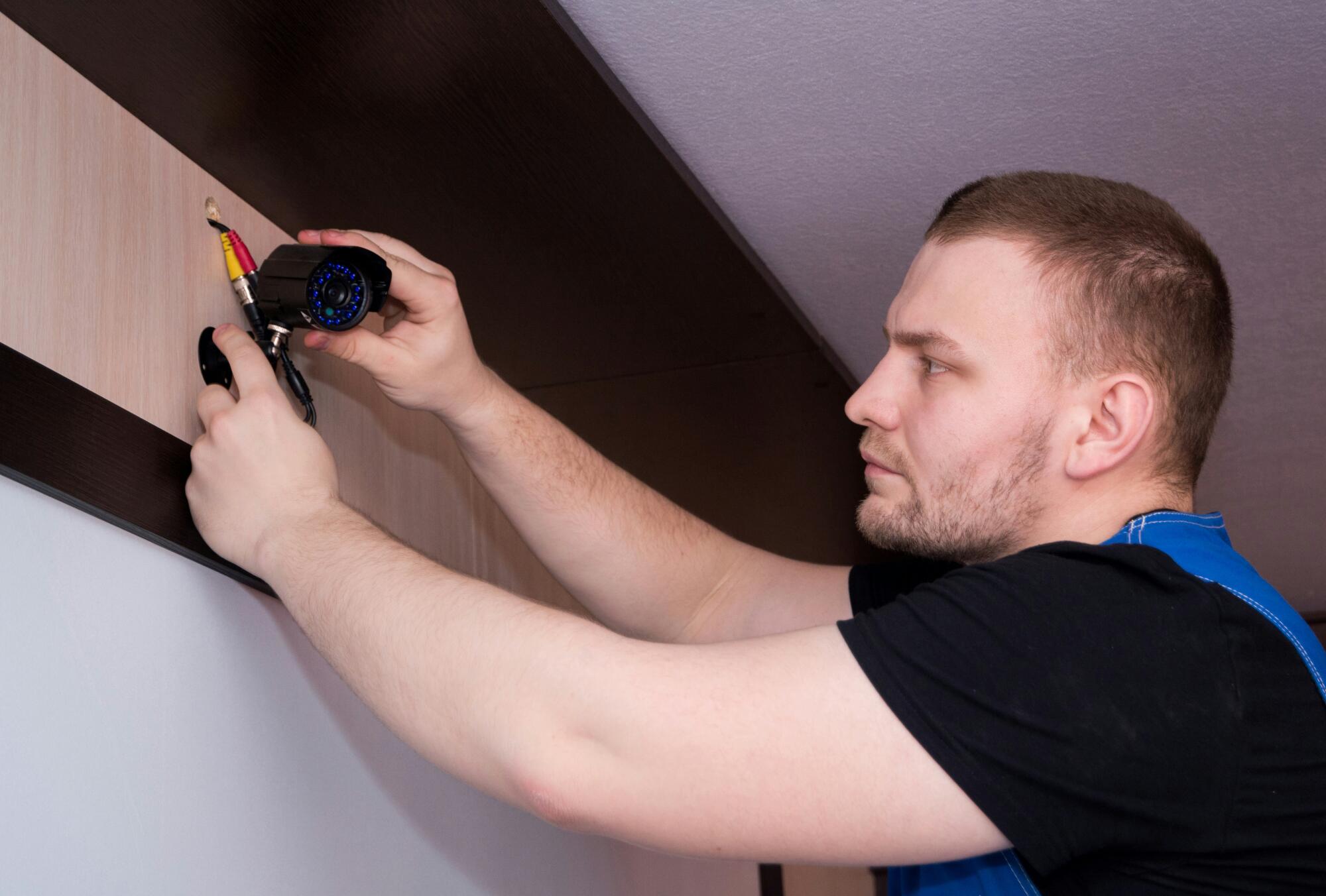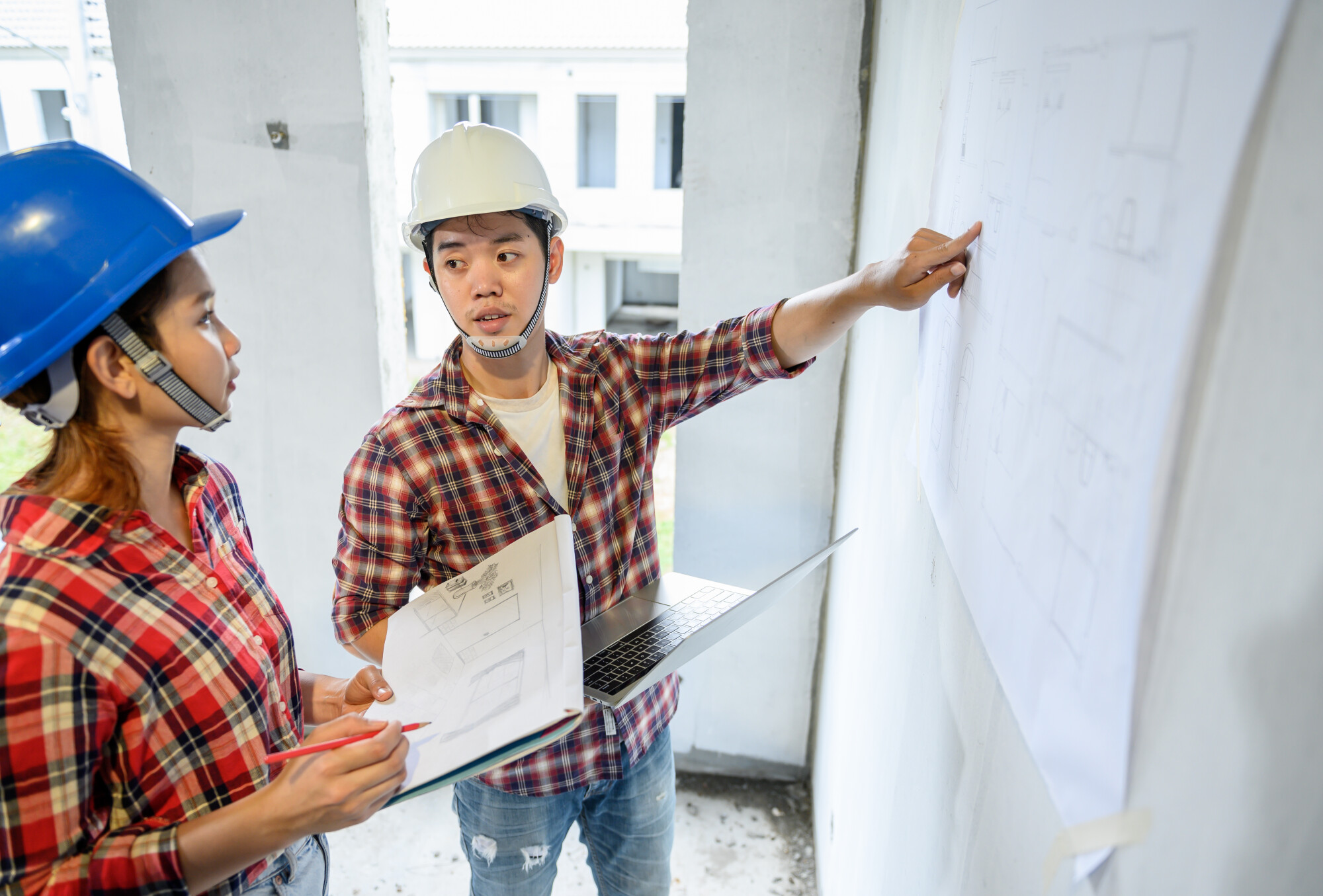According to the Department of Housing and Urban Development’s American Housing Survey (AHS), the median age of owner-occupied homes in the United States is 41 years old. Even more striking, 37% of all residential structures were built before 1959 — making them over 55 years old.
Whether you’re searching for your perfect bungalow or preparing to sell your current home in Tampa, FL, a thorough home inspection is crucial. But the burning question on everyone’s mind is: how long do home inspections take?
While there’s no one-size-fits-all answer, and property size certainly plays a role, several other key factors influence the inspection timeline. Let’s dive into what determines the duration of a property inspection in Tampa and what you can expect from the process.
What Is a Home Inspection and Why It Matters?
A home inspection is a detailed evaluation of a property’s condition, usually done by a licensed inspector. Key Florida home inspection requirements include evaluating the following:
- Structural Elements
- Plumbing System
- Electrical System
- Heating and Cooling Systems
- Insulation and Ventilation
Once you know the details of a property’s condition, you can make better decisions about buying or selling.
How Long Do Home Inspections Take?
The average home inspection time in Tampa is between 2 to 4 hours. However, this timeframe can vary based on several factors.
Size of the Property
Size matters when it comes to Tampa real estate inspections. Bigger homes take longer to inspect. A cozy 2,000-square-foot bungalow may only take 2 hours, while an expansive 5,000-square-foot mansion can take double that time.
Why? Because more square footage means more rooms, more systems, and more nooks and crannies to inspect. If you’re on a tight schedule, this may test your patience.
Age and Condition of the Home
Older homes have charm, but they can add time to your property inspection. You have to deal with outdated wiring, aging plumbing, or foundation issues that need a closer look. If the home is in rough shape, the inspection may be more than 4 hours.
Although taking longer, older homes get a thorough once-over, so you’ll know exactly what needs fixing.
On the flip side, a newer or well-maintained home makes the home inspection process easy. Less to worry about, less time spent.
Additional Inspections
In Tampa, it’s common to tack on extra inspections for issues like mold, termites, or pool safety. While these add-ons are super helpful, they also add time to the process. For example, a mold inspection may take an extra hour, while a termite inspection can add 30 minutes.
Inspector’s Thoroughness
Not all inspectors work at the same pace. Some meticulously examine every inch of the property. Others are more efficient, focusing on the big-ticket items. While a fast inspector may save you time, a thorough one can save you money and headaches down the road.
Weather Conditions
Florida’s thunderstorms can affect the inspection process. Did you know Tampa receives nearly 100-plus days of thunderstorms per year? During Tampa’s rainy season, inspectors may need to work around weather delays, particularly when inspecting the exterior.
The Home Inspection Process in Tampa, FL
Understanding the home inspection process can help you plan your day and set realistic expectations. Here’s a step-by-step breakdown of what happens during a typical inspection:
1. The Inspector Arrives and Prepares (10-15 minutes)
The inspector shows up with tools and a checklist. They start with a general overview of the property, noting its location, basic structure, and visible concerns. This initial assessment helps them develop a strategic approach for the detailed inspection ahead.
2. Exterior Inspection (30-45 minutes)
Your inspector starts outside, examining the home’s exterior. The exterior inspection is thorough and methodical, including:
- Roof condition and lifespan
- Foundation integrity and drainage units
- Siding materials and installation quality
- Windows and door frames
- Landscaping impacts on your structure
If there’s a deck or patio, they’ll assess its condition too. Be prepared — they may climb ladders or crawl into tight spaces to get a thorough look.
3. Interior Inspection (1-1.5 hours)
Next, the inspector moves inside. Inside the home, your inspector will examine:
- Electrical system functionality
- Plumbing systems and water pressure
- HVAC performance and maintenance
- Structural elements and load-bearing walls
- Insulation and ventilation system
Every room gets attention, including closets, basements, and attics. They’ll also check the functionality of appliances if they’re included in the sale.
4. Final Walkthrough and Q&A (15-20 minutes)
Once the inspection is complete, the inspector may do a final walkthrough to double-check anything they noted earlier. This is your chance to ask questions and get immediate feedback. They may explain minor issues and safety concerns that need immediate attention.
5. Receiving the Report (24-48 hours)
After the inspection, the inspector compiles a detailed report with photos and notes. This usually takes 24-48 hours. The report will outline any issues and often include recommendations for repairs.
Home Inspection Tips for Tampa Homebuyers and Sellers
Whether you’re buying or selling, these inspection tips will help you navigate the process like a pro:
For Buyers
Make every effort to attend the inspection in person, as this provides an invaluable opportunity to learn about the property firsthand and ask the inspector detailed questions about their findings.
After the inspection, carefully review the entire report rather than just skimming the summary. Pay particular attention to major structural, electrical, or plumbing issues that could require costly repairs. An inspection report can serve as a powerful negotiating tool, whether you’re seeking repairs or a price reduction.
For Sellers
Conducting a pre-listing inspection can give you a significant advantage in Tampa’s competitive market. This proactive step allows you to identify and address potential issues before they become sticking points in negotiations. Take time to handle minor repairs and maintenance tasks like fixing leaky faucets or replacing cracked tiles, as these small details can significantly impact a buyer’s first impression.
Stay on Top of Tampa Real Estate Inspections
So, how long do home inspections take in Tampa, FL? While the average home inspection takes 2 to 4 hours, it can depend on the size, age, and condition of the property.
Ready to take the guesswork out of your Tampa real estate transaction? Central Florida Building Inspectors — serving the Central Florida area since 1988 — provides accurate and trustworthy residential inspections. Reach out now to schedule a thorough property inspection and peace of mind!










